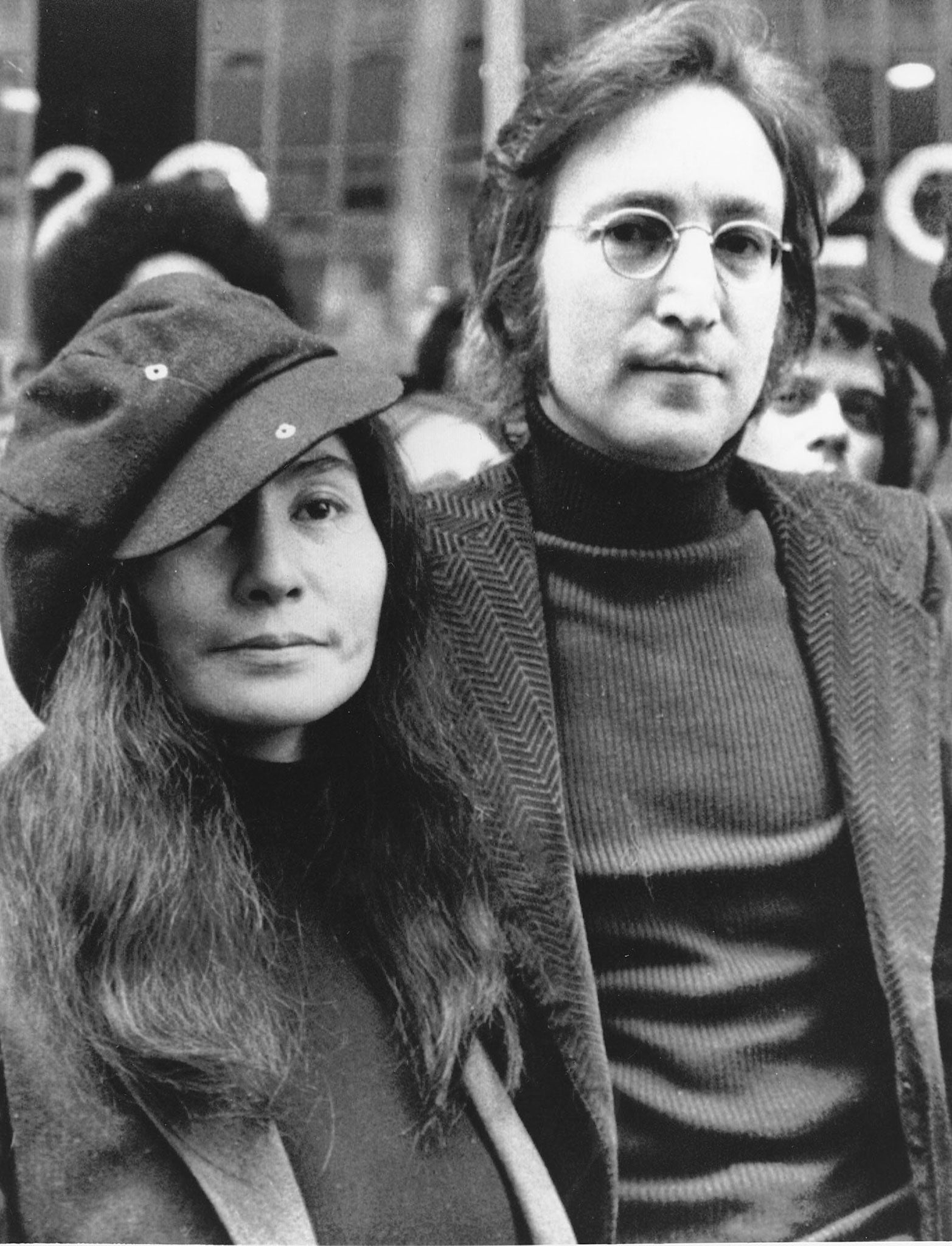The Walrus & The Elephants: John Lennon's Years of Revolution, By James A Mitchell: Book review
A familiar story of Lennon's post-Beatles years – with some fascinating new detail

Your support helps us to tell the story
From reproductive rights to climate change to Big Tech, The Independent is on the ground when the story is developing. Whether it's investigating the financials of Elon Musk's pro-Trump PAC or producing our latest documentary, 'The A Word', which shines a light on the American women fighting for reproductive rights, we know how important it is to parse out the facts from the messaging.
At such a critical moment in US history, we need reporters on the ground. Your donation allows us to keep sending journalists to speak to both sides of the story.
The Independent is trusted by Americans across the entire political spectrum. And unlike many other quality news outlets, we choose not to lock Americans out of our reporting and analysis with paywalls. We believe quality journalism should be available to everyone, paid for by those who can afford it.
Your support makes all the difference.Having changed the world once with The Beatles, at the beginning of the 1970s John Lennon wanted to do it all over again, but this time in line with his personal vision of global concord. Desperate to consign the Moptops to history, he escaped to America with the love of his life, Yoko Ono, and plunged into his new world of activism and giving peace a chance.
But if New York welcomed him with bright eyes and open arms, Washington didn't want him around. Richard Nixon was seeking re-election and had a long list of enemies drawn up; Lennon rose rapidly up that list as he began to make himself at home. His first achievement, according to James A Mitchell, was to get the White Panthers leader John Sinclair out of jail.
The Detroit activist was two years into a 10-year stretch for giving two joints to an undercover cop, but days after Lennon headlined a John Sinclair Freedom Rally he was released. It wasn't all down to the Fab One, of course – Mitchell doesn't mention the ruling by Michigan's Supreme Court that the state's marijuana statutes were unconstitutional – but he was certainly the right man to act as a figurehead for those seeking to end the Vietnam war and see off Tricky Dicky.
The Yippie leaders Abbie Hoffman and Jerry Rubin hoped Lennon would lead a movement that would gather momentum round the country. But the partnership never really went beyond the planning stage, derailed by Lennon's hopes of getting a green card. The couple did, however, throw themselves into a variety of local causes, and Lennon's songs developed a newfound political directness. This meant that the authorities remained on their case, and while Lennon enjoyed the relative anonymity that New York afforded him – the natives were too busy or too cool to bother him overly much – he did so in the teeth of constant official surveillance and intimidation.
But for all their stake-outs and phone taps, FBI's spectacular incompetence was hilarious. Lennon was, in fact, smoking so much weed they could have picked him up any time they wanted and got him a second drugs conviction that would have meant the end of his green-card ambitions. A favourite story in the book is the one about the poster distributed to local law-enforcement agencies in the hope that somebody would bust Lennon and strengthen the case for deportation. It contained all his personal details – but the picture was of David Peel, a New York musician best known for his The Pope Smokes Dope album.
This isn't a new story, and to an extent Mitchell is covering old ground; but he does so in fascinating detail. Hundreds of books have been written about The Beatles, but there is a place for the niche approach, taking a sliver of the life and homing in on it.
Mitchell has done the legwork, and there is enough new material to make it worthwhile, with insightful contributions from a clutch of fellow travellers. He spoke at length to the members of Elephant's Memory – the "elephants" of the book's title – the politically conscious bar-band with whom Lennon hooked up to make Sometime in New York City, and a nice portrait of Lennon emerges – one of the boys, asking what they thought of his songs.
Nixon's landslide re-election dealt a near-fatal blow to the protest movement, and though parallels are drawn with contemporary uprisings like Arab Spring and Occupy, that might be over-egging it. But they had a decent stab at making a difference, and as Ron Dellums, the black Congressman who was also on Nixon's list, says of Lennon, he was right in there: "He showed up for the fight."
Join our commenting forum
Join thought-provoking conversations, follow other Independent readers and see their replies
Comments